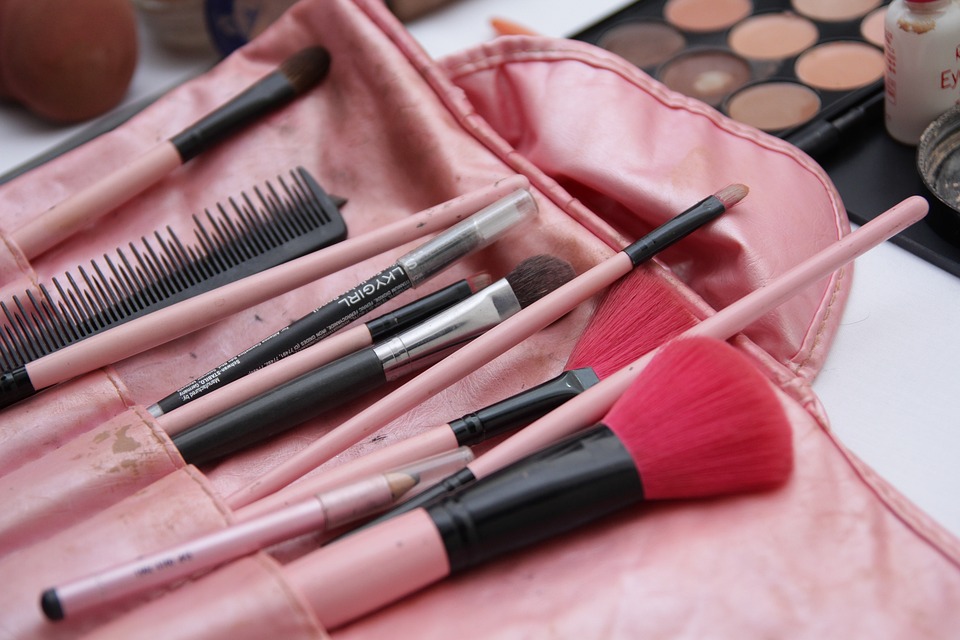Every time you apply a product like lipstick, mascara, eye shadow, cream directly to your skin, you expose the products to microbes of your skin. That means that any germs you’re harbouring, including the nasty flu virus, can end up in your products. Among bacteria, gram negative bacteria are usually more resistant to the preservatives present in these products. Most of the common disease causing bacteria are from this group og gram negative i.e. E coli, Salmonella, Shigella, Pseudomonas species. 100 to 1000 cfu /ml of bacteria have been isolated from some used cosmetic products. Similarly, cosmetic sponges have shown count of more than 1000,000 cfu/ml. In order to reduce the risk of this high microbial count, smaller pack sizes should be utilised to avoid extended usage time, however care should be taken in use of any pack size e.g. wash skin before use. Cosmetic sponge should be replaced more frequently. Don’t add water or saliva to cosmetics, such as mascara. You may be adding bacteria or other microorganisms. You’ll also be watering down a preservative that’s intended to keep bacteria from growing. Store cosmetics carefully.
Is your pot of makeup safe from the dirtiest item on your dressing table?
Written By Mir Ali
Mir Ali is a microbiologist by profession with a Masters degree in the same. He has over 20 years of experience in the field..
